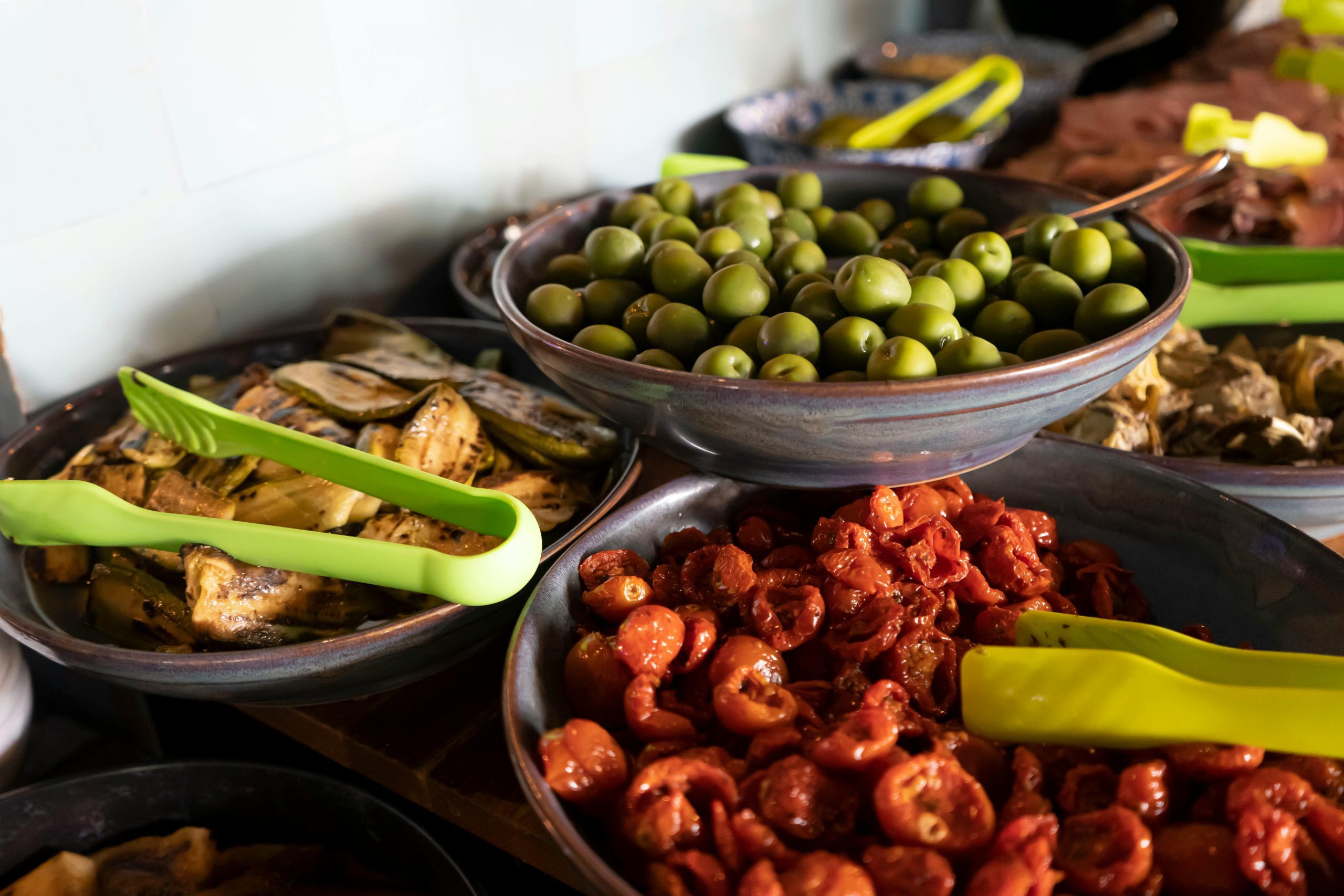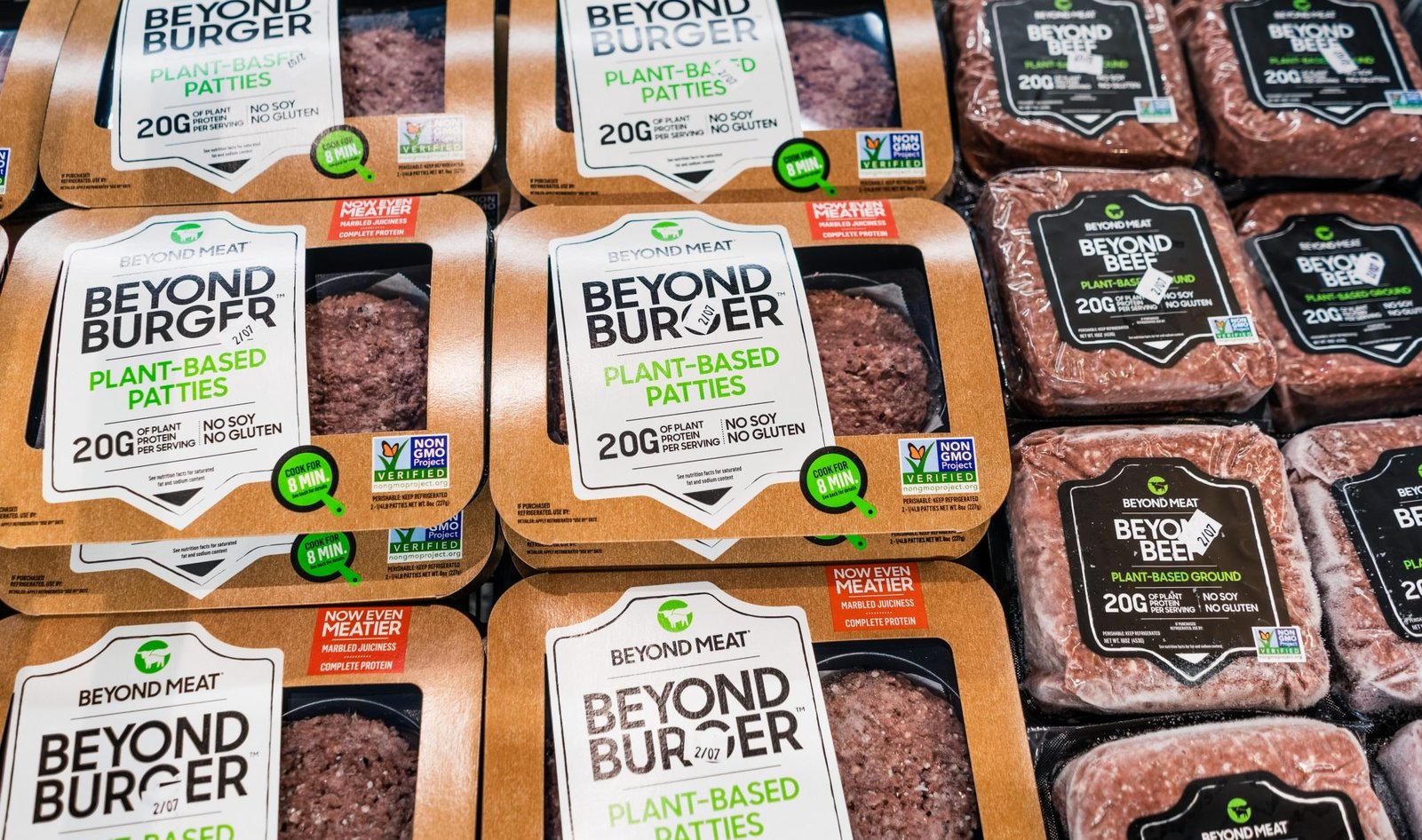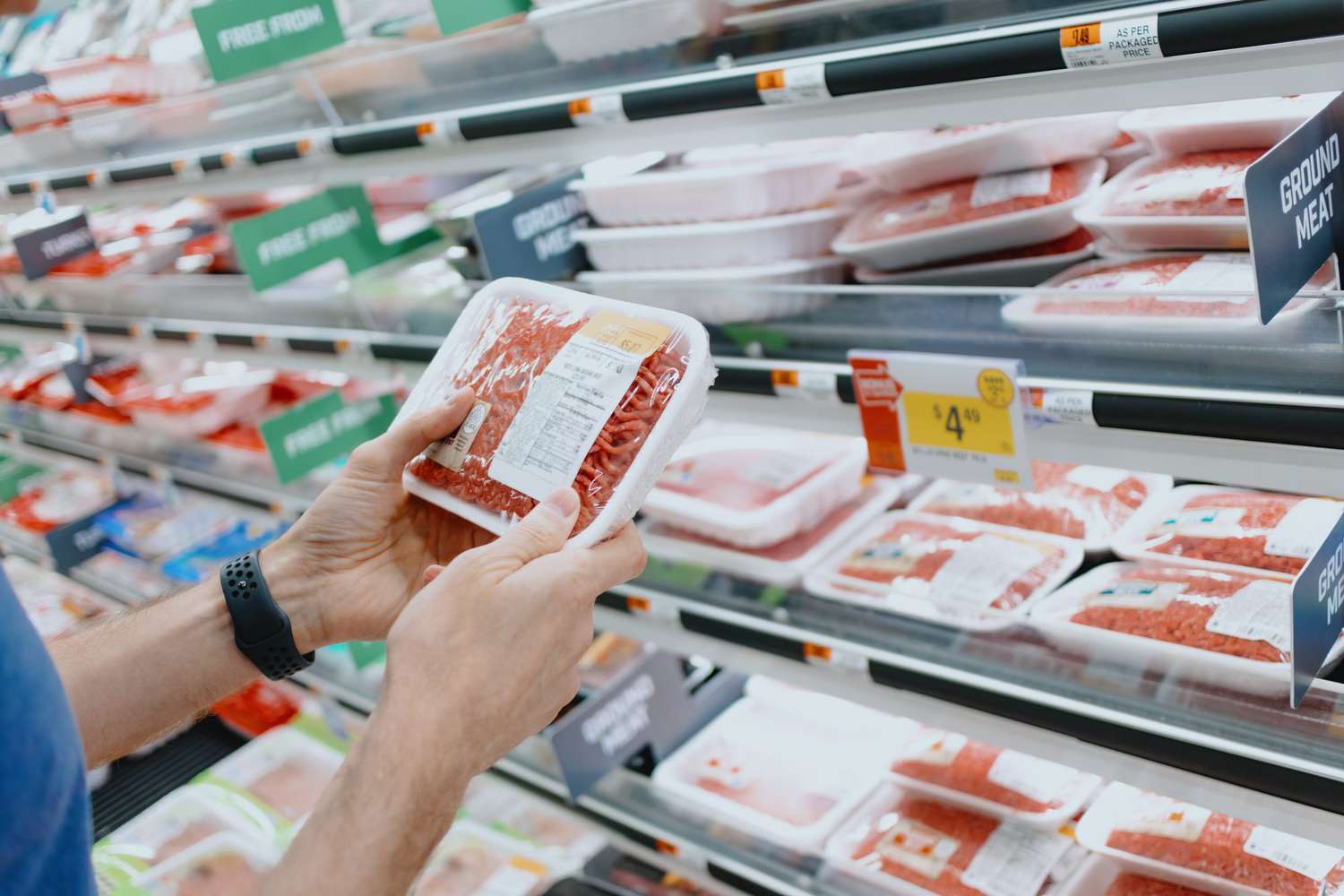Europe’s plant-based food market is growing, with Germany leading the pack. An analysis carried out by Good Food Institute, GFI, into the six major European markets comprising Germany, France, Italy, the Netherlands, Spain, and the United Kingdom, gives an indication of the remarkable growth the industry has witnessed. According to data provided by Circana, the report indicates that sales reached a staggering €5.4 billion in 2023, up 5.5% from the previous year. This makes Germany’s plant-based food one of the largest on the continent, and its growth epitomizes how plant-based foods can change the face of the foods in Europe.
Plant-Based Sales Surge in Germany and Across Europe
The food market of Germany is performing well, amply supported by changed consumer preference on one hand and innovation in plant-based offerings on the other. According to the GFI report, Germany leads Europe in both market size and growth rate of plant-based products, with German consumers opting more for plant-based options owing to health, environmental, and ethical reasons.
Total Sales: €5.4 Billion-Plant-based product sales throughout Germany, France, Italy, the Netherlands, Spain, and the UK reached €5.4 billion in 2023, up by 5.5% compared to the previous year. Volume Increase- Volume increased by 3.5%, and with the increase in awareness of plant-based diets, so does demand within the sector.
High-Value Sales in 5 out of 6 Countries: Countries such as Germany, France, and the UK, among other leading ones, demonstrate value sales growth quite distinctly as if to indicate strong consumer interest.
The country is progressive in attitude, and as a leading market, it will continue to push many European countries toward producing and consuming more plant-based food, hence making the food system more sustainable on the continent.

Product Definition of Germany’s Market: Plant-Based Milk and Meat are Leading
Plant-based product diversification continues to grow, but certain categories, such as milk and meat alternatives, are at the forefront and significantly drive the overall sales of the market.
Plant-Based Milk – A 41% Market Leader
In Germany, 41% of the value sales in Europe come from plant-based milk alternatives. Therefore, an emerging portfolio of such products includes different variants ranging from almonds and oats to soy and pea-based milk alternatives, which target a range of consumer tastes. Though dairy alternatives also surge in popularity across most European countries, Germany is leading this demand as part of a broader trend for low-carbon, lactose-free, and cholesterol-free milk alternatives.
Rapid Plant-Based Meat Growth
Germany has been a land full of opportunity for the rise of the plant-based meat category, growing annually at 36.8% in 2023. Such rapid growth can be explained by the improvement of plant-based meat technology and Germany’s commitment to providing diverse high-quality meat options. Everything from sausages and burgers to plant-based chicken and fish is sold today to satisfy tastes and textures that people are used to receiving with animal-based meats.
The enthusiasm of the German public for such alternatives has laid a blueprint for growth in the industry in Europe. As the ranges of plant-based meats are increasingly available and affordable, it is believed that Germany’s leadership will inspire others to invest in similar alternatives.
Expansion of New Plant-Based Categories: Creams and Cheeses in Demand
Besides milk and meat, the other categories of plants have also been doing great. This demand for plant-based creams, cheeses, yogurts, and snacks is going up not only in Germany but all over Europe.

Plant-Based Creams and Cheeses – Fast-Growing Categories
Cream and cheese now represent some of the largest increases within the plant-based dairy category. As this report by the GFI shows, there is a great shift in consumer trends; most German consumers and others are after taste and texture-rich dairy-free alternatives, just like traditional products. Innovations in plant-based cheese-from cheddar and mozzarella to cream cheese-are rapidly expanding to give consumers new flavor dimensions to experience.
Innovation Driving Popularity in Germany’s Plant-Based Market
The growing variety of plant-based products is evidence that the market can develop increasingly innovative ideas. For example, in Germany, companies are pioneering technologies and processes that make the products capable not only of closing the gap in taste and functionality but also of offering added value nutritionally. Be it probiotic-rich, plant-based yogurts or additional value-added milk alternatives, German brands lead in pushing the envelope, thereby contributing toward high demand from consumers and industry growth.
How Germany is driving plant-based EU food policy
While Germany maintains the top position in the plant-based sales leaderboards, its influence stretches further than just market share as the country also informs food policy and standards of sustainability across the European Union. German consumers and policymakers are increasingly vocal about the need for ethical, sustainable food options-a position that’s starting to trickle across the continent.
This corresponds to the broader EU goals of reducing carbon emissions. As Germans open their plates to more plant-based foods, it also means a reduction in its reliance on animal agriculture and thereby helping the EU as a whole to further its ambitions of environmentally friendly food systems.
Policy Support and Consumer Awareness Fuel Growth
Supportive policies of Germany, relating to the plant-based eating culture, will drive the market enormously. The government enables eco-friendly initiatives, gives subsidies to innovations in the plant-based lines, and fosters education through various campaigns that reflect the environmental benefits of plant-based foods.
The result? Germany’s growth in the plant-based market is setting an example for other neighboring countries, as they take Germany’s success as a premise that such a sustainable way of eating is achievable through consumer awareness and supportive policy frameworks.
Key Takeaways for Europe’s Plant-Based Future
This leading place of Germany in plant-based food sales has set a strong example to the whole European continent. Innovation, education of consumers, and supporting policies are attributed as key drivers for such comprehensiveness in success.

- Variety in Product Range: A big portfolio of plant-based products ranging from milk and meat to creams and cheeses provides a greater variety for consumer choice, thus encouraging the adoption of plant-based diets.
- Innovation in Taste and Nutrition: German brands are driving the innovation in the plant-based nutrition segment with delicious and healthy alternatives that make eating plant-based approachable and desirable.
- Environmental Impact: Germany’s plant-based movement is helping Europe stay on track with its climate goals, positioning sustainable food options as crucial to reducing carbon emissions.
- Policy and Public Support: With government support and an educated consumer base, Germany has established a successful market with a model for the rest of Europe.
Conclusion: Germany as the Blueprint for Europe’s Plant-Based Revolution
The German market has become somewhat of a benchmark against which other European countries may catch on with the new trend of plant-based foods. Success in Germany proves that plant-based products have huge potential for satisfying not only the demand made by final consumers but also for working towards urgent environmental problems. Because of the ‘pioneering work’ carried out by Germany, the future of plant-based food in Europe will be innovation, sustainability, and ethical consumerism all combined.
The rise of plant-based foods in Germany is not a trend, it’s a movement for change-a movement likely to spread ripples across Europe’s food future. Other European countries are already poised to follow Germany’s example, and the plant-based revolution is all set to change the food industry in Europe into a more sustainable, diversified, and health-oriented landscape for times to come.









